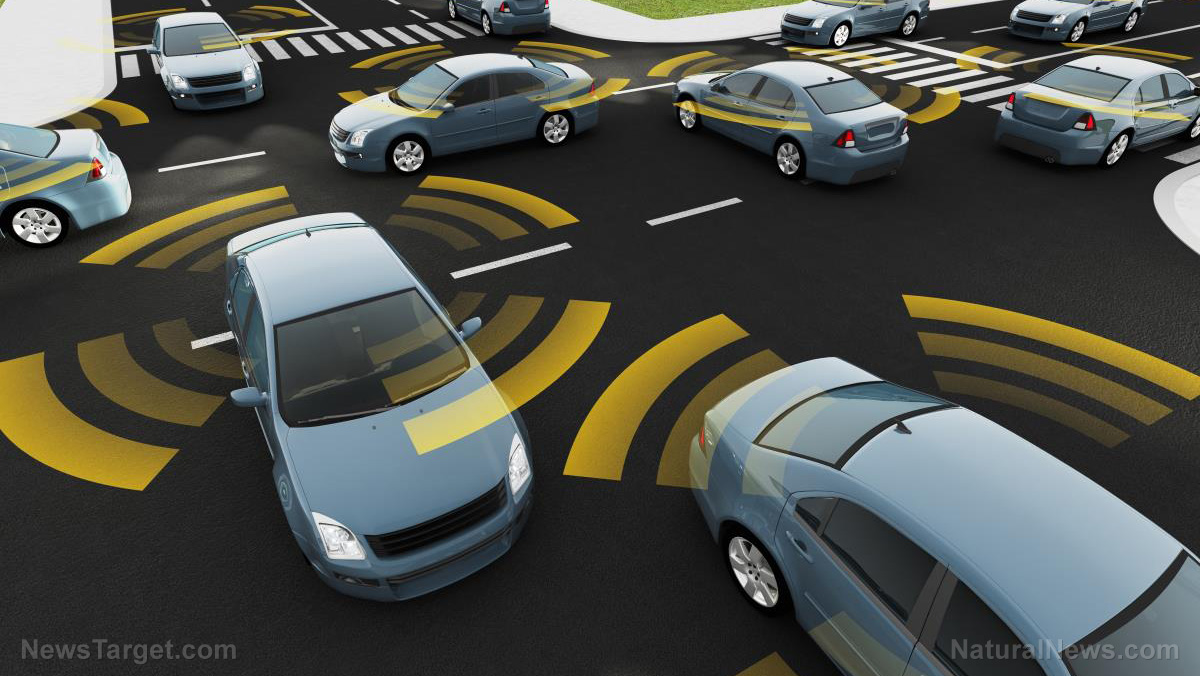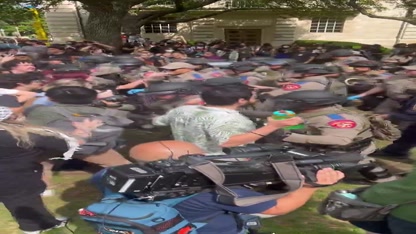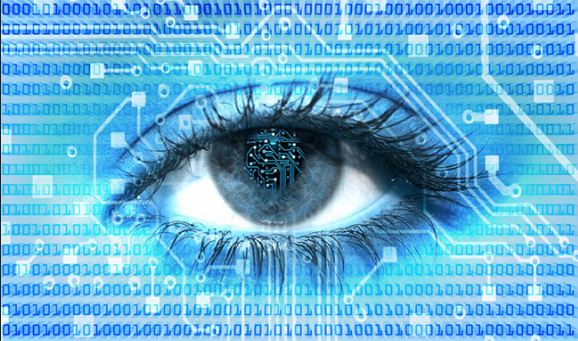
Automotive journalist Geoff Thompson recently delved into the implications of a software update applied to a Hyundai Kona subcompact SUV following the technological evolution of the automotive industry.
In recent years, the automotive industry has undergone notable technological strides, equipping modern vehicles with features that "bolster safety and efficiency." Cars manufactured since the mid-2010s are integrated with so-called "Trojan Horse" technologies that are capable of dictating the operational parameters of vehicles, impacting auto insurance rates, monitoring driver gaze, recording in-car conversations, gathering genetic and health data, collecting other biometric data and even surveilling the sexual activities of drivers. (Related: Government developing AI-powered surveillance program that can keep an eye on people in smart cities.)
In a recent episode on the "Geoff Buys Cars" channel on YouTube, channel owner and show host Thompson discussed the implications of the software update for the Hyundai Kona. The update introduced geofencing and geotiming capabilities, enabling manufacturers to remotely impose distance and time boundaries on vehicle operation.
Geofencing, in simple terms, creates virtual boundaries around a geographical location using devices like smartphones with GPS, WiFi or cellular data to monitor entry and exit from these areas. It can also track RFID tags. These digital perimeters trigger predefined actions when a person, device or asset enters or leaves the specified area.
The technology gained popularity in the mid-2010s with the widespread use of smartphones and location-based services, allowing businesses to enhance user experiences through features like navigation, social media check-ins and retail store locators.
Human knowledge is under attack! Governments and powerful corporations are using censorship to wipe out humanity's knowledge base about nutrition, herbs, self-reliance, natural immunity, food production, preparedness and much more. We are preserving human knowledge using AI technology while building the infrastructure of human freedom. Speak freely without censorship at the new decentralized, blockchain-power Brighteon.io. Explore our free, downloadable generative AI tools at Brighteon.AI. Support our efforts to build the infrastructure of human freedom by shopping at HealthRangerStore.com, featuring lab-tested, certified organic, non-GMO foods and nutritional solutions.
However, Thompson raised apprehensions about the potential abuse of such technology, particularly in scenarios involving government-mandated driving restrictions even though it is originally intended for lawful purposes. Speculations arose regarding the imposition of measures like climate lockdowns or urban mobility policies, further encroaching on car owners' autonomy.
Geofencing disguises privacy infringement as a convenience
Geofencing promises a personalized journey, with offers and information tailored precisely to their whereabouts among consumers. This tailored approach infuses each interaction with relevance, enhancing engagement and satisfaction. From timely reminders to the seamless preparation of one's home upon arrival, geofencing adds a layer of comfort and convenience to daily life.
However, no matter how promising, geofencing, by its very nature, relies on the constant tracking of individuals through their mobile devices and cars—a fact that raises significant privacy apprehensions.
The notion of being monitored without consent evokes discomfort, prompting questions about the ethical use of location data.
Legal experts, including Susan Brenner, a law professor at the University of Dayton, suggest that law enforcement agencies have become increasingly adept at utilizing embedded technologies for eavesdropping while mitigating Fourth Amendment constraints.
Brenner argues that as society becomes more accustomed to embedded technologies, individuals may inadvertently compromise their privacy through private conversations in vehicles or other everyday settings.
"I could make an argument to the contrary, which is based on the fact that we are increasingly surrounded by embedded interactive broadcast technologies and therefore can tend to forget the fact that we may be broadcasting as we hold what we think are private conversations in a vehicle or, for that matter, other mundane settings," Brenner said. "My sense is that people take the technology so completely for granted that they forget that it has the capacity to bite back… Most people are still quite naive about embedded technologies, and therefore tend to forget that it can compromise privacy."
Similarly, Neema Singh Guliani, legislative counsel with the American Civil Liberties Union, argued that laws crafted before the onset of modern technologies fail to adequately address privacy infringement.
"Fundamentally, what's happening is the technology is moving at warp speed, and there are more and more ways to get information on people, about their personal activities, but you have the law standing utterly still," Guliani said. "What's often happening the police are trying to massage laws that were written at the time, in some cases when we didn’t even have the internet or the concept of a telephone, or GPS, and massage them to fit these modern technologies."
Watch this video of Brannon Howse warning about the rise of 15 minute cities that require massive surveillance apparatuses.
This video is from the Worldview Report channel on Brighteon.com.
More related stories:
Security Industrial Complex on the rise in 2024 as global surveillance state expands.
California thieves NOT BOTHERED at all by surveillance cameras.
FBI surveillance contractor infiltrated chatrooms, monitored skeptics of COVID jabs.
Sources include:
Please contact us for more information.


























